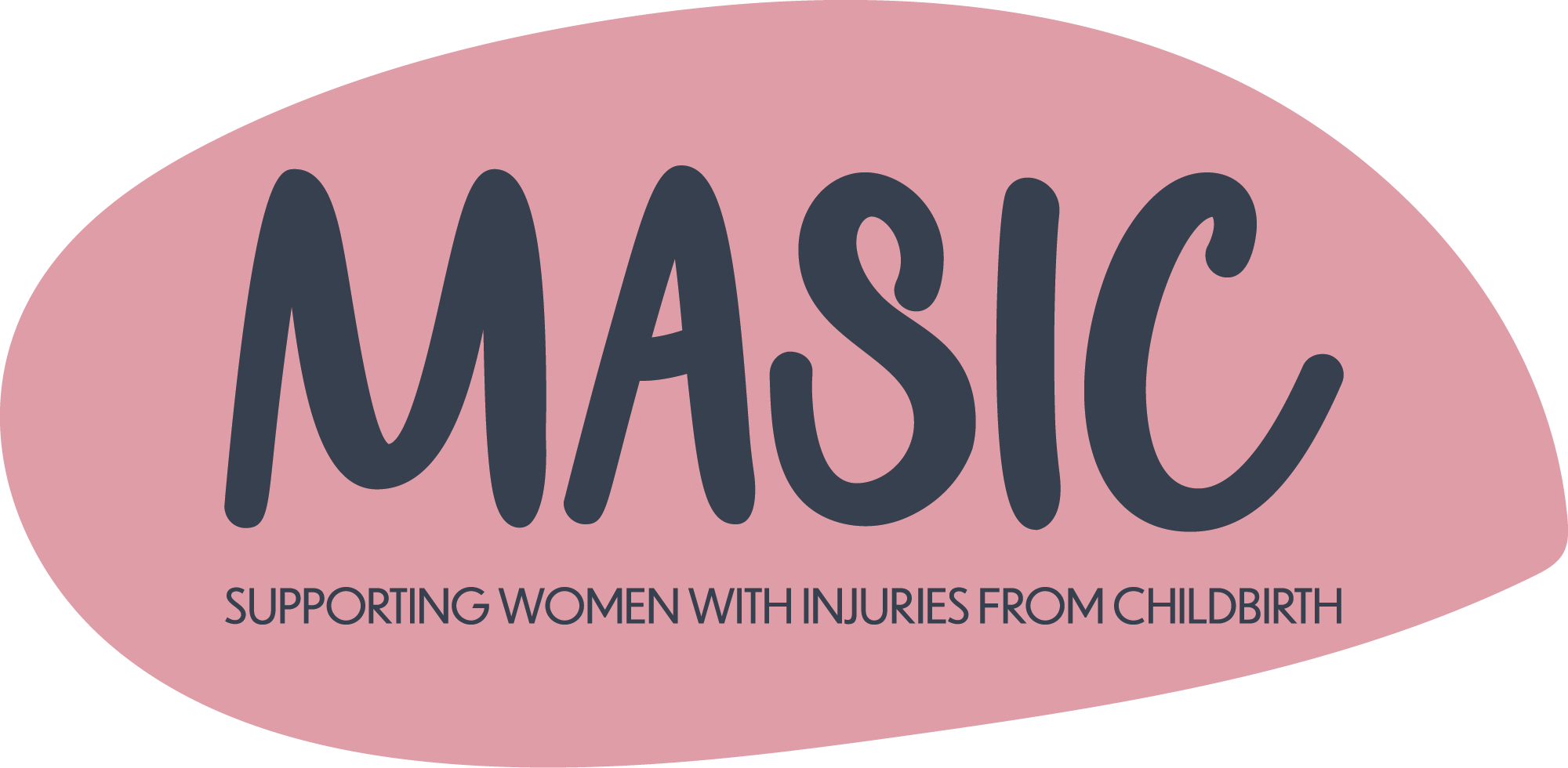Europe

France
Institution Name: Nimes University Hospital
Location: Nimes, France
Ireland
Institution Name: Cork University Maternity Hospital
Location: Cork, Ireland
Institution Name: The National Maternity Hospital, Holles street
Location: Dublin, Ireland
Program Director: Prof. Declan Keane
Program Faculty: Declan Keane, Gerry Agnew
Trainees Per Year: 1
Program Length: 2 years
Specialty Certification: urogynecology fellowship degree
Special Interest Areas: the program focused on vaginal / abdominal approach of all vaginal repair, vaginal surgeries, incontinence managements conservatively or surgical, MESH complication center for the last 2 years.
Program Description: the trainee has the opportunity to train with two urogynecology consultants and rotating between 3 hospitals, spending around 3,5 days in theatre room 1,5 day in clinic, perineal clinic, pelvic floor center clinic, MDT meeting, research, joining urodynamics, physio therapy.
Israel
Institution Name: Assuta University Hospital
Location: Ashdod, Israel
United Kingdom
Institution Name: Addenbrooke’s Hospital, Cambridge University Hospitals NHS Foundation
Location: Cambridge, United Kingdom
Institution Name: Birmingham Women’s NHS Foundation Trust
Location: Birmingham, United Kingdom
Institution Name: Croydon (Mayday) University Hospital
Location: Croydon, United Kingdom
Institution Name: Derriford Hospital
Location: Plymouth, United Kingdom
Institution Name: Queen Elizabeth University Hospital
Location: Glasgow, United Kingdom
Institution Name: Epsom & St Helier University Hospitals NHS Trust & St George’s University of London
Location: Surrey, United Kingdom
Institution Name: Imperial College Healthcare NHS Trust & National Hospital for Neurology and Neurosurgery (University College Hospitals)
Location: London, United Kingdom
Institution Name: King’s College Hospital
Location: London, United Kingdom
Institution Name: Leicester General Hospital/University of Leicester
Location: Leicester, United Kingdom
Institution Name: Liverpool Women's Hospital NHS Foundation Trust
Location: Liverpool, United Kingdom
Institution Name: Sheffield Teaching Hospitals NHS Trust
Location: Sheffield, United Kingdom
Institution Name: St Mary's Hospital
Location: London, United Kingdom
Institution Name: University College Hospitals NHS Foundation Trust
Location: London, United Kingdom
North America

Alabama
Institution Name: University of Alabama at Birmingham SOM Female Pelvic Medicine & Reconstructive Surgery Fellowship
Location: Alabama, U.S.A.
Alberta
Institution Name: University of Calgary Section of Urogynecology/ Female Pelvic Medicine & Reconstructive Surgery Fellowship
Location: Alberta, Canada
California
Institution Name: HARBOR/UCLA Medical Center
Location: California, U.S.A.
Institution Name: Kaiser Permanente East Bay Kaiser Permanente East Bay- University of Calfornia, San Francisco
Location: California, U.S.A.
Institution Name: University of California, Irvine (UCI) Female Pelvic Medicine and Reconstructive Surgery
Location: California, U.S.A.
Institution Name: University of California, Irvine (UCI) Female Urology, Voiding Dysfunction and Urogential Reconstruction
Location: California, U.S.A.
Institution Name: University of California, Los Angeles Fellowship in Female Pelvic Medicine and Reconstructive Surgery
Location: California, U.S.A.
Connecticut
Institution Name: University of Connecticut Hartford Hospital Medical School Affiliation
Location: Connecticut, U.S.A.
Institution Name: Yale School of Medicine
Location: Connecticut, U.S.A.
Florida
Institution Name: University of South Florida/Tampa General Hospital Female Pelvic Medicine & Reconstructive Surgery Department of Obstetrics and Gynecology
Location: Florida, U.S.A.
Georgia
Institution Name: Emory University School of Medicine
Location: Georgia, U.S.A.
Illinois
Institution Name: Loyola University Medical Center
Location: Illinois, U.S.A.
Institution Name: Northwestern University
Location: Illinois, U.S.A.
Institution Name: University of Chicago, North Shore University Health System
Location: Illinois, U.S.A.
Indiana
Institution Name: Indiana University School of Medicine.
Location: Indiana, U.S.A.
Iowa
Institution Name: University of Iowa Hospitals & Clinics
Location: Iowa, U.S.A.
Louisana
Institution Name: LSU Health Sciences Center
Location: Louisiana, U.S.A.
Maryland
Institution Name: The Johns Hopkins University School of Medicine
Location: Maryland, U.S.A.
Institution Name: Walter Reed National Military Medical Center
Location: Maryland, U.S.A.
Massachusetts
Institution Name: Massachusetts General Hospital - Harvard University
Location: Massachusetts, U.S.A.
Institution Name: Mount Auburn Hospital
Location: Massachusetts, U.S.A.
Institution Name: University of Massachusetts Medical Center and Umass Memorial Med Center
Location: Massachusetts, U.S.A.
Michigan
Institution Name: Henry Ford Hospital/Wayne State University Fellowship Program
Location: Michigan, U.S.A.
Institution Name: University of Michigan Medical Center/Michigan Medicine
Location: Michigan, U.S.A.
Minnesota
Institution Name: Mayo Clinic College of Medicine
Location: Minnesota, U.S.A.
Missouri
Institution Name: Washington University School of Medicine
Location: Missouri, U.S.A.
New Jersey
Institution Name: Atlantic Health
Location: New Jersey, U.S.A.
Institution Name: Cooper University Hospital/Cooper Medical School of Rowan University Female Pelvic Medicine and Reconstructive Surgery
Location: New Jersey, U.S.A.
New Mexico
Institution Name: University of New Mexico Health Sciences Center
Location: New Mexico, U.S.A.
New York
Institution Name: Albert Einstein College of Medicine
Location: New York, U.S.A.
Institution Name: Mount Sinai School of Medicine Female Pelvic Medicine and Reconstructive Surgery
Location: New York, U.S.A.
Institution Name: New York University-Langone Medical Center
Location: New York, U.S.A.
Institution Name: University of Rochester Medical Center
Location: New York, U.S.A.
Institution Name: Zucker School of Medicine at Hofstra Northwell Health System Female Pelvic Medicine and Reconstructive Surgery Program
Location: New York, U.S.A.
North Carolina
Institution Name: Duke University Medical Center
Location: North Carolina, U.S.A.
Institution Name: Atrium Health's Carolinas Healthcare System
Location: North Carolina, U.S.A.
Institution Name: University of North Carolina at Chapel Hill
Location: North Carolina, U.S.A.
Ohio
Institution Name: Case Western University: University Hospitals/Metro Health Medical Centers
Location: Ohio, U.S.A.
Institution Name: Cleveland Clinic, Glickman Urological Institute
Location: Ohio, U.S.A.
Institution Name: Cleveland Clinic
Location: Ohio, U.S.A.
Institution Name: Good Samaritan Hospital
Location: Ohio, U.S.A.
Institution Name: The Ohio State University Wexner Medical Center
Location: Ohio, U.S.A.
Institution Name: University of Cincinnati – The Christ Hospital
Location: Ohio, U.S.A.
Institution Name: University Hospitals/Metro Health Medical Center Female Pelvic Medicine and Reconstructive Surgery Fellowship
Location: Ohio, U.S.A.
Ontario
Institution Name: The Ottawa Hospital, University of Ottawa
Location: Ontario, Canada
Institution Name: University of Toronto
Location: Ontario, Canada
Institution Name: Western University, Ontario
Location: Ontario, Canada
Oregon
Institution Name: Oregon Health & Science University
Location: Oregon, U.S.A.
Pennsylvania
Institution Name: Drexel University College of Medicine
Location: Pennsylvania, U.S.A.
Institution Name: University of Pennsylvania Medical Center
Location: Pennsylvania, U.S.A.
Institution Name: UPMC Medical Education Program, University of Pittsburgh, Magee-Womens Hospital
Location: Pennsylvania, U.S.A.
Quebec
Institution Name: McGill University
Location: Quebec, Canada
Institution Name: University of Montreal
Location: Quebec, Canada
Rhode Island
Institution Name: Brown Medical School
Location: Rhode Island, U.S.A.
Tennessee
Institution Name: Vanderbilt University Medical Center
Location: Tennessee, U.S.A.
Texas
Institution Name: University of Texas
Location: Texas, U.S.A.
Institution Name: Women’s Pelvic Health and Continence Center
Location: Texas, U.S.A.
Virginia
Institution Name: INOVA Women’s Hospital International Scholar Program
Location: Virginia, U.S.A.
Washington
Institution Name: Virginia Mason Medical Center
Location: Washington, U.S.A.


























